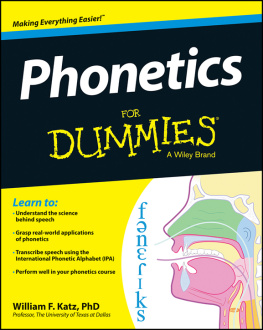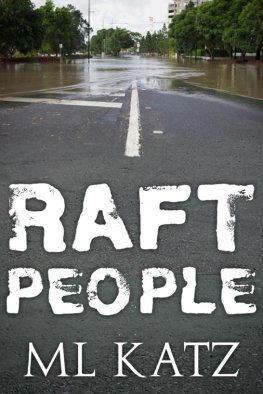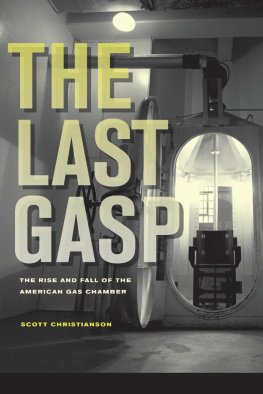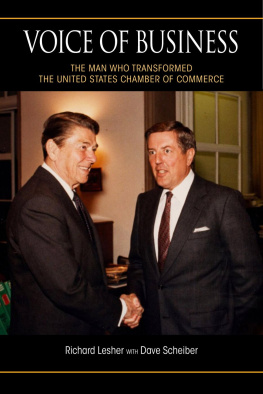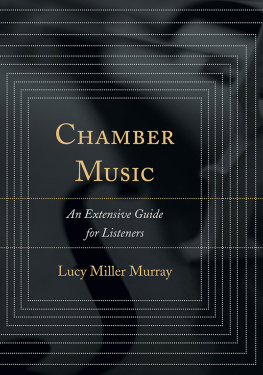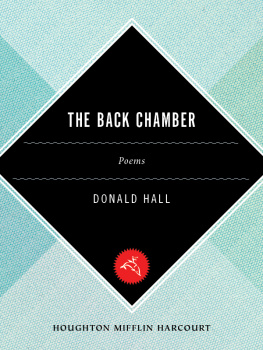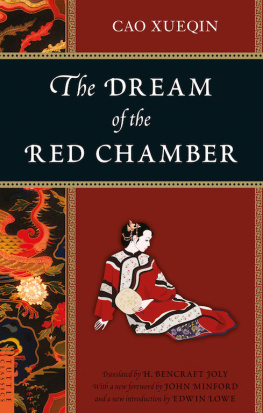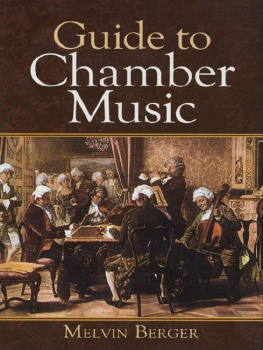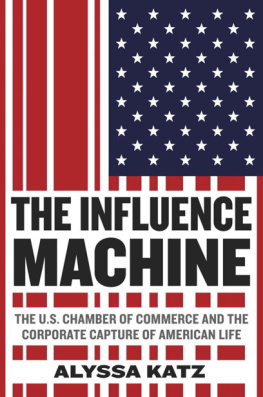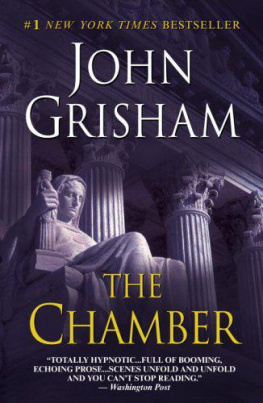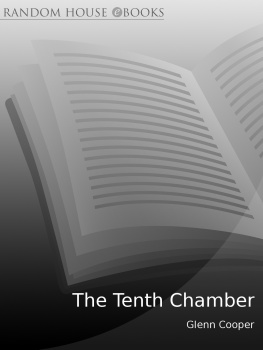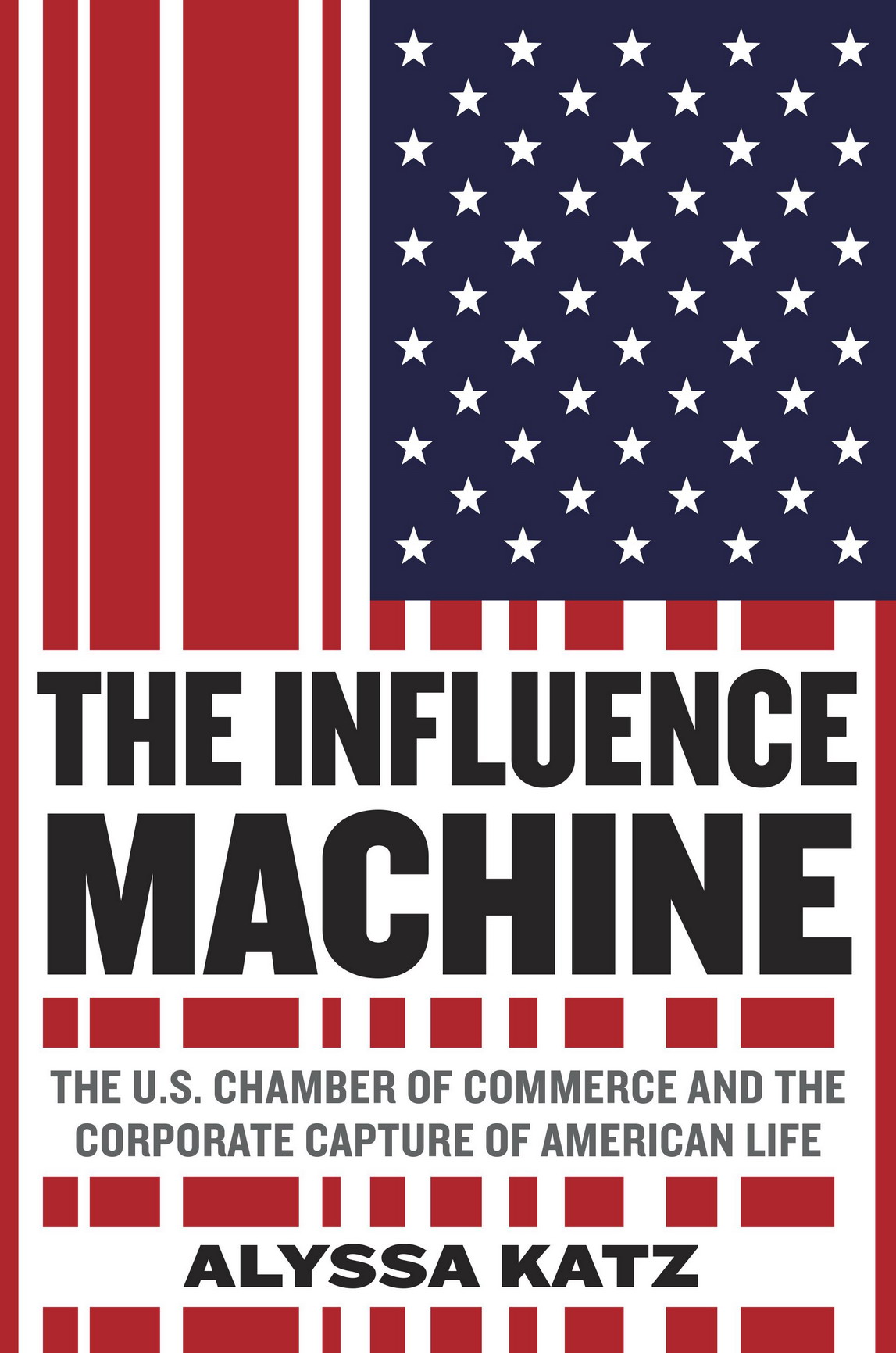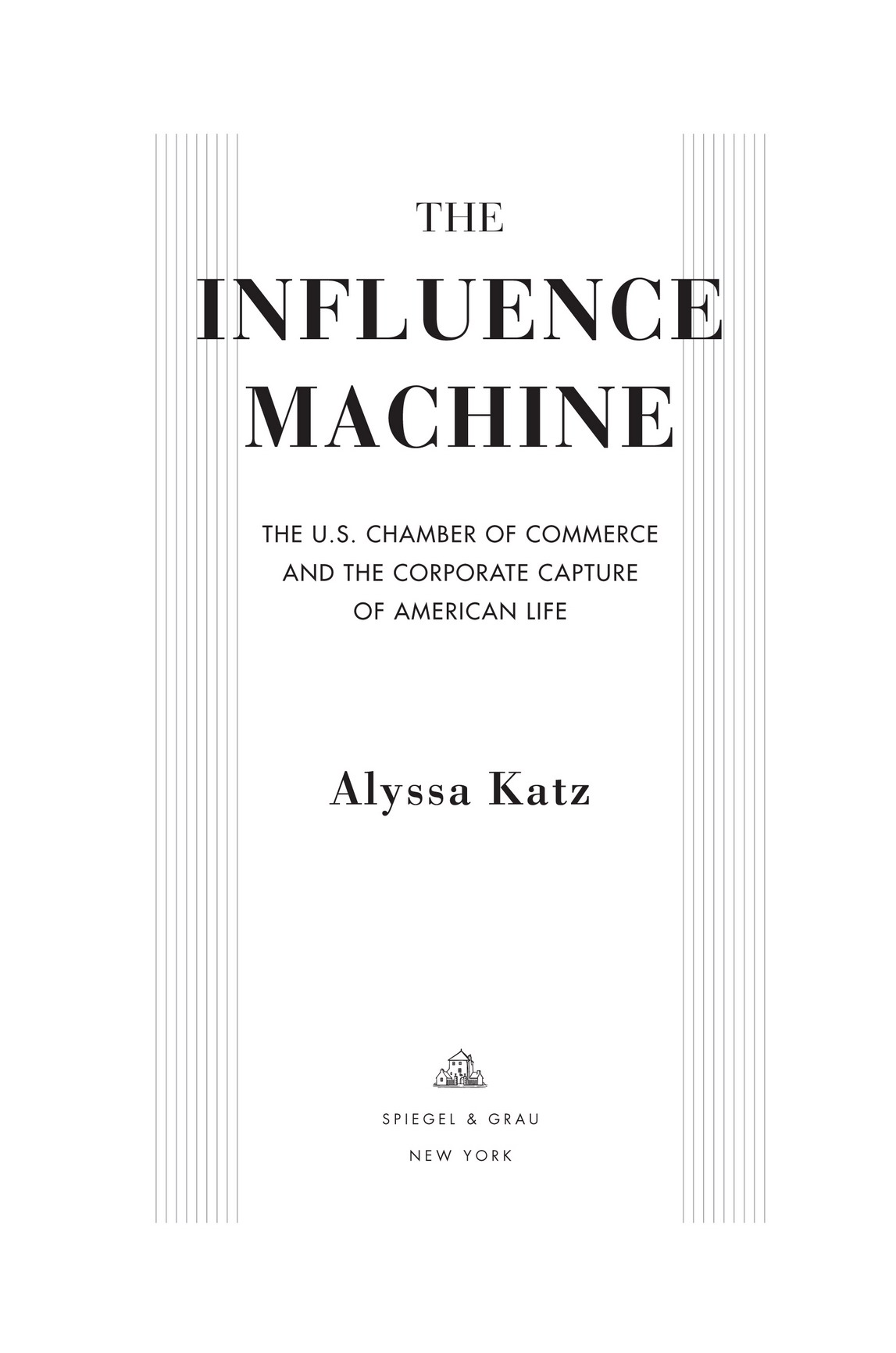All rights reserved.
Published in the United States by Spiegel & Grau, an imprint of Random House, a division of Penguin Random House LLC, New York.
S PIEGEL & G RAU and the H OUSE colophon are registered trademarks of Penguin Random House LLC.
Katz, Alyssa.
The Influence Machine : The U.S. Chamber of Commerce and the Corporate Capture of American Life / Alyssa Katz.
1. Chamber of Commerce of the United States of AmericaHistory. 2. United States. CongressHistory. 3. Business and politicsUnited StatesHistory. 4. Power (Social sciences)United StatesHistory. I. Title.
Full of the know-how that made America great; efficient, straightforward, honest, the chief executives, it is often said, ought really to be allowed to run the government, for if only such men were in charge there would be no waste, no corruption, no infiltration. Dirty politics, in short, would become clean business.
C. Wright Mills, The Power Elite
Preface
T his is a book about the single most influential organization in American politics, outside the Republican and Democratic Parties apparatuses. But more than the story of a solitary institutionno matter how powerfulit is the story of how democracy works today and why, for most of us, it doesnt.
I write it in gratitude for living in a country where it is possible for an operation like the U.S. Chamber of Commerce to thrive. In the United States, individuals and groups are free to express themselves politically; to organize among themselves; and to fight for what they believe inor at the very least, for what is in their material self-interestwith the expectation that government will pay attention. This is a good thing.
If you, like me, want workers, environmentalists, consumers, and other groups to have such power, it means accepting that private companies big and small do too. This makes senseits fair and reasonable, at least in the abstract. But in reality, the power exerted by business in the United States has, over the last generation, overwhelmed the voices of other stakeholders, with enormous consequences for our health and safety as consumers, our rights as workers, and even the power of our votes. One institution in particular has concentrated the energies embedded in our democracy as potently as any the nation has ever seen, and it has used that power to undermine that same democracy, all while maintaining a cloak of secrecy around the funders who call its shots. This is not how its supposed to work.
The U.S. Chamber of Commerce declined to make staff members available for interview. It invited me to send them questions by e-mail instead; they refused to answer my inquiries. In response to factual questions about their activities, I received only a scolding response, informing me that I had an unacceptable agenda:
The nature and tone of these questions reveal an obvious slantone that seeks to paint the Chamber in a solely negative way. Based on these questions, it seems that you have already reached your conclusion about the Chamber, so we see no reason to respond.
In the absence of any cooperation from the Chamber, Ive made every effort to be fair, thorough, and accurate in my accountand I am grateful to Chamber alumni and associates who did take the time to lend their insights. I hardly think my account is solely negative, as I hope youll see as you read on, but I also want to be clear up front about my own ideological point of view: I believe that government regulation of business is, more often than not, helpful to economies, and that government ought to wield such power in ways that promote the greater good of the nation and its citizens. The U.S. Chamber ostensibly operates on a different premise: that less regulation leads to better outcomes, for society as well as for executives and shareholders. As I discovered while researching this book, the Chamber has been more than willing to invite government regulation and participation in the economy when it suits its clients.
Driven by that combination of ideology and self-interest, the U.S. Chamber of Commerce has been in the vanguard of a business movement to redirect our national priorities through political warfare. Fueled by contributions from member corporations, it has in recent years invested more than a billion dollars in lobbying and campaign spending to win results that, by definition, are not those the public would have otherwise demanded. The U.S. Chamber is not just a lobbying group, and not just a massive political spending apparatus, and not just a policy shop, and not just a prolific combatant in the courts. It is, rather, all those things wrapped into onea well-funded influence machine seeking to build an economy where government becomes a tool of big business.
It has built its recent success in large part by advancing the interests of industries whose prosperity is threatened not only by intense global competition but by emerging trends in human historyby the evolution of our values, technology, scientific knowledge, and notions of environmental stewardship. Its constituentsand the political metaphor is aptare mature industries that provide vital goods and services but at mounting costs to society: coal, oil, defense, and other polluters running away from a reckoning; insurers seeking to protect their place at the heart of health care, preserving a convoluted and numbingly expensive payment system; tobacco peddlers who insist they should not bear the costs of caring for those their products injure and kill, and who even deny, still, that their products are addictive; sweatshop-patronizing retailers, off-books debt-peddlers, and even miners and marketers of salt. What unites all these industries, and the household names that lead them, is that achieving business success depends on inflicting collateral damage on public well-being. That is their competitive advantage, the secret sauce in their shareholder returns.
These companies undisclosed financial contributions to the U.S. Chamber of Commerce provide something of great value: protection against a government that might otherwise seek to curb environmental harm, threats to worker safety, price manipulation, and other noxious by-products of businesses quest to elevate stock priceswith near-absolute brand protection for the companies involved, which launder their antisocial advocacy through the Chamber. Its a role that the organization has openly embraced. CEO Tom Donohue describes its work as reinsurancethe business term for an insurance policy on an insurance policy, offloading risk in order to increase companies ability to swallow more.
What he means is that when a company or industry association needs to get something done, and the political heat is unmanageable, the Chamber can step in and take the blows on its behalf. By doing their political and lobbying spending through the Chamber, beloved brand names are never sullied with the causes they finance, whether its defeating climate change action, involving themselves in dark, negative electoral campaigning, or diluting financial reform. In an impressive feat of alchemy, the Chamber frames the objectives of these specific companies and industries as those of business generally. The causes of some of the most retrograde and rent-seeking industries in America become, in the hands of the Chambers propaganda machine, the causes of free enterprise.


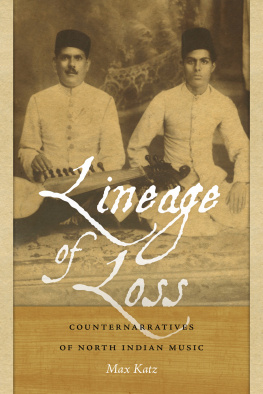
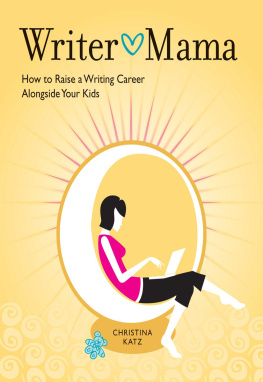
![Katz - Zombie Slayer Box Set, Vol. 1 [Books 1-3]](/uploads/posts/book/141697/thumbs/katz-zombie-slayer-box-set-vol-1-books-1-3.jpg)

